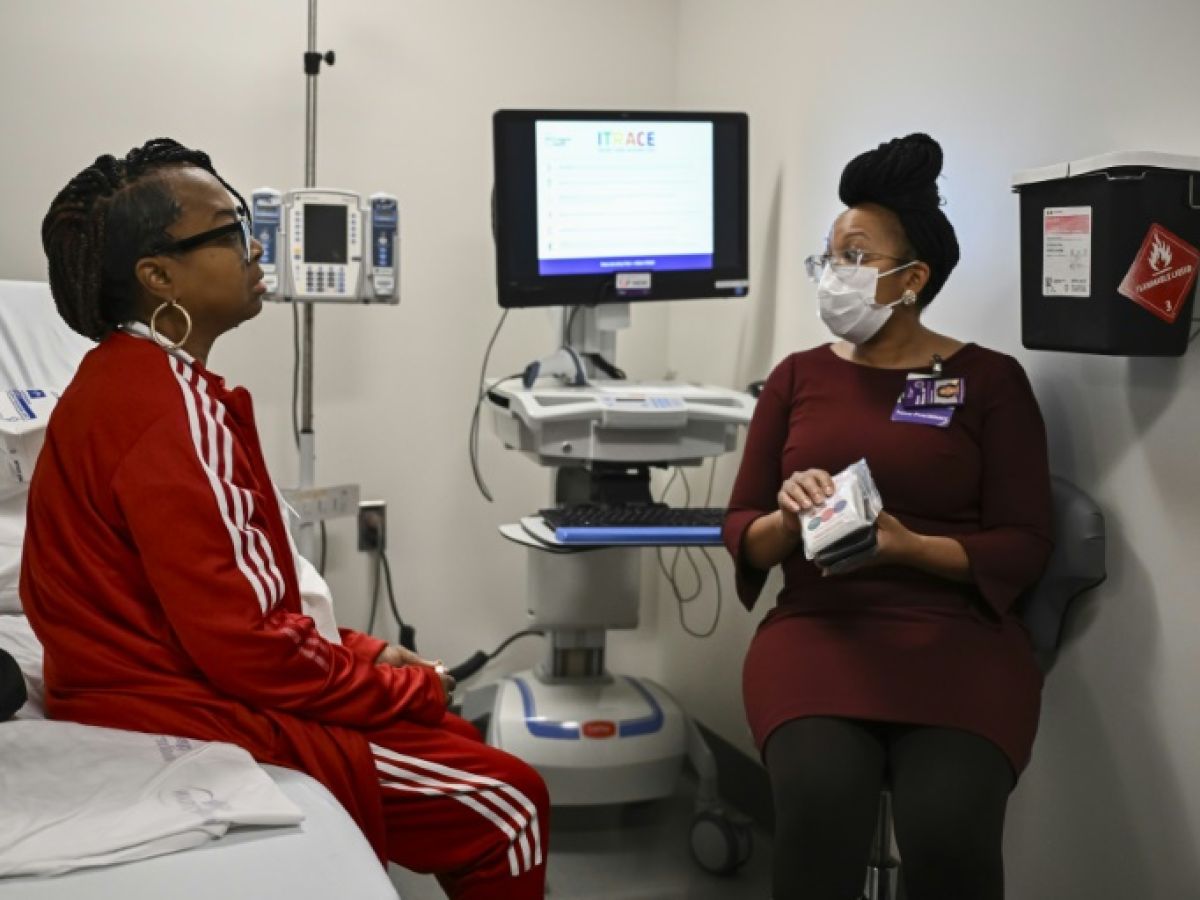Towana Looney, a fifty-year-old from Alabama, received a genetically modified pig kidney transplant at the end of November, a practice that is still very experimental but which offers hope of addressing the chronic organ shortage.
This withdrawal illustrates how far away this goal still remains, but is encouraging, as the organ fulfilled its functions for 130 days, or more than four months, a record. Until now, no patient had managed to survive more than two months after such a transplant.
This American woman donated one of her kidneys to her mother in 1999.
“For the first time since 2016, I was able to enjoy my friends and family on time, without having to plan everything around dialysis treatments.”, the patient confided in a statement shared by NYU Langone Hospital in New York. And to assure that she was “very grateful (…) although the result was not what everyone hoped for.”
The American woman donated one of her kidneys to her mother in 1999 and had been on dialysis for eight years after a pregnancy complication damaged her remaining kidney. Unable to find a suitable donor, she was given permission to receive a genetically modified kidney as her health deteriorated.

Read alsoAmerican surgeons transplanted a pig kidney into a living patient
"The cause of this episode of rejection after a long period of stability is under investigation."
Despite encouraging initial results, "In early April, she experienced a decline in kidney function due to acute rejection," said his surgeon, Robert Montgomery, in the statement. "The cause of this rejection episode after a long period of stability is under investigation, but he underwent a reduction in his immunosuppressive treatment to treat an infection unrelated to the pig kidney.", he detailed.
This treatment aims to inhibit the activity of the immune system to prevent it from attacking the transplanted organ and causing its rejection, but in doing so weakens the body's ability to respond to external threats. The decision to remove the organ was made by the patient and her doctors in order to preserve a "future possibility of transplantation for her", Mr. Montgomery said.


